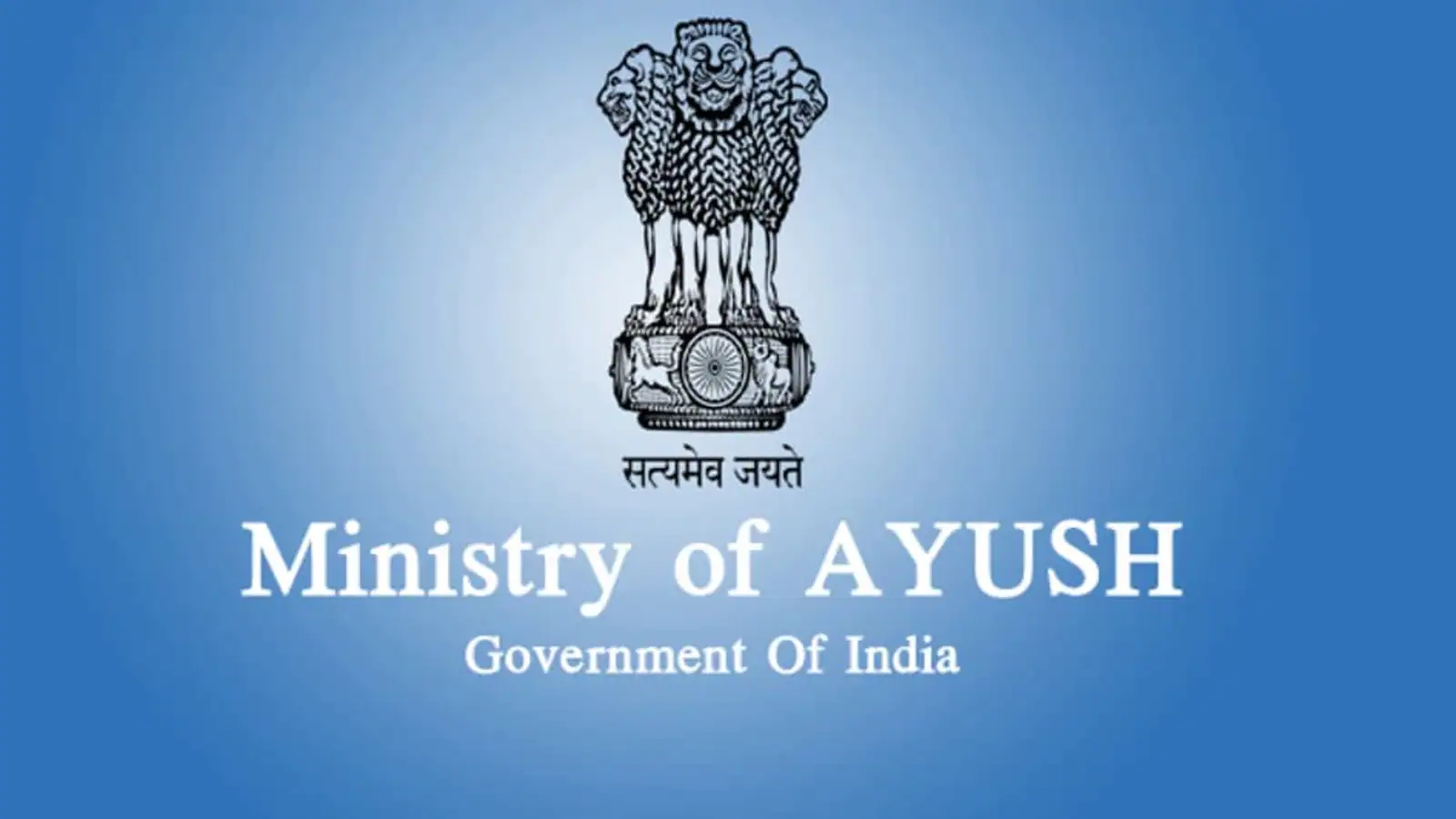World Meningitis Day: Meningitis is a serious disease that can lead to death or long-term disability. It is important for parents to know the symptoms of meningitis and what they can do to protect their children. World Meningitis Day is observed on October 5th each year. This day was created to raise awareness about meningitis and to promote education and prevention. Parents should consider protecting their children from meningitis by vaccinating them against the disease.
What is meningitis?
Meningitis is an infection of the meninges, the membranes that surround and protect the brain and spinal cord. It can be caused by a number of different microorganisms, including bacteria, viruses, fungi, and parasites.
Meningitis can be a life-threatening illness, particularly if it is not diagnosed and treated early. The early symptoms of meningitis are often similar to those of other more common illnesses, such as the flu or a cold. This can make it difficult to diagnose meningitis early on.
Symptoms of meningitis may include:
· Fever
· Headache
· Stiff neck
· Sensitivity to light
· Nausea and vomiting
· Confusion or delirium
· Seizures
The different types of meningitis
There are different types of meningitis: bacterial, viral, and fungal.
Bacterial meningitis is the most serious and can be deadly. It is caused by bacteria that invade the bloodstream and then the brain. Bacterial meningitis is treated with antibiotics.
Viral meningitis is less serious than bacterial meningitis but can still be dangerous, especially to infants and young children. It is caused by viruses that attack the lining of the brain and spinal cord. Viral meningitis usually goes away on its own, but sometimes hospitalization is necessary. There is no specific treatment for viral meningitis other than rest and pain relief.
Fungal meningitis is the least common type of meningitis but can be very serious, even fatal. It is caused by fungi that infect the brain or spinal cord. Fungal meningitis is treated with antifungal medications, often given through a vein (intravenously).
The symptoms of meningitis
Meningitis is a serious infection of the membranes that surround the brain and spinal cord. It can occur in people of any age, but is most common in infants and young children. Symptoms of meningitis can include fever, headache, stiff neck, vomiting, confusion, and seizures. If meningitis is not treated promptly, it can lead to death or permanent disability.
Early diagnosis and treatment of meningitis is critical. Parents should be aware of the symptoms of meningitis and seek medical attention if their child appears to be ill.
How meningitis is diagnosed
Meningitis is a serious infection of the protective membranes that cover the brain and spinal cord. It can occur in people of any age, but is most common in infants and young children. Meningitis is usually caused by a viral or bacterial infection.
There are several ways to diagnose meningitis. A physical examination may reveal signs of meningitis, such as stiff neck, high fever, and sensitivity to light. A doctor may also order a lumbar puncture (also called a spinal tap), which involves removing a small amount of cerebrospinal fluid from the spine for analysis. This fluid can help identify the type of organism causing the meningitis. Blood tests may also be ordered to check for inflammation or infection.
Imaging studies, such as computed tomography (CT) or magnetic resonance imaging (MRI), may be used to look for evidence of meningeal inflammation or other abnormalities. In some cases, these studies may be done before a lumbar puncture is performed.
Treatment for meningitis
Meningitis is a serious and potentially life-threatening inflammation of the meninges, the protective membranes that surround the brain and spinal cord. Although meningitis can occur at any age, it is most common in infants and young children.
There are several types of meningitis, but the most common form is viral meningitis, which is caused by a virus. Other forms of meningitis include bacterial meningitis, fungal meningitis, and parasitic meningitis.
Meningitis can be difficult to diagnose because its symptoms can mimic other less serious illnesses, such as the flu. However, there are some key signs and symptoms that may indicate meningitis, including:
– sudden onset of high fever
– severe headache
– stiff neck
– nausea and vomiting
– sensitivity to light
– confusion or sleepiness
– seizures
If you suspect your child has meningitis, it is important to seek medical attention immediately. Early diagnosis and treatment is critical to preventing serious complications from the disease.
How to prevent meningitis
Meningitis is a serious infection of the meninges, the protective membranes that surround the brain and spinal cord. It can be caused by bacteria, viruses, or other organisms. Meningitis can lead to serious complications, including death, so it is important to take steps to prevent it.
The best way to prevent meningitis is to get vaccinated. There are vaccines available for both children and adults that can help protect against various types of meningitis. It is important to talk to your doctor or healthcare provider about which vaccines are right for you or your child.
In addition to vaccination, there are other steps you can take to help prevent meningitis. These include:
-Washing your hands regularly and often, especially after contact with someone who is sick
-Avoiding close contact with people who are sick
-Keeping up-to-date on all recommended vaccinations, including booster shots
World Meningitis Day
World Meningitis Day is observed on October 24th each year to help raise awareness about this serious disease. Every parent should consider protecting their children from meningitis, especially if they are infants or young children.
Meningitis is a serious infection of the lining around the brain and spinal cord. It can cause lifelong disabilities and even death. Early diagnosis and treatment are critical.
There are two main types of meningitis: bacterial and viral. Bacterial meningitis is more serious and can be deadly, while viral meningitis is usually less severe.
There are several vaccines available that can protect against some types of meningitis. The best way to protect your child is to talk to your doctor about vaccinating them according to the recommended schedule.
You can also help prevent meningitis by teaching your child good hygiene habits, such as washing their hands often and avoiding close contact with people who are sick.
Conclusion
World Meningitis Day is now observed on October 5, which is an important day to remember in order to protect your children from this serious disease. Meningitis can cause death or permanent disability, so it is crucial to be aware of the symptoms and get your child vaccinated if possible. vaccination is the best defense against meningitis, so make sure you talk to your doctor about this important preventative measure.



